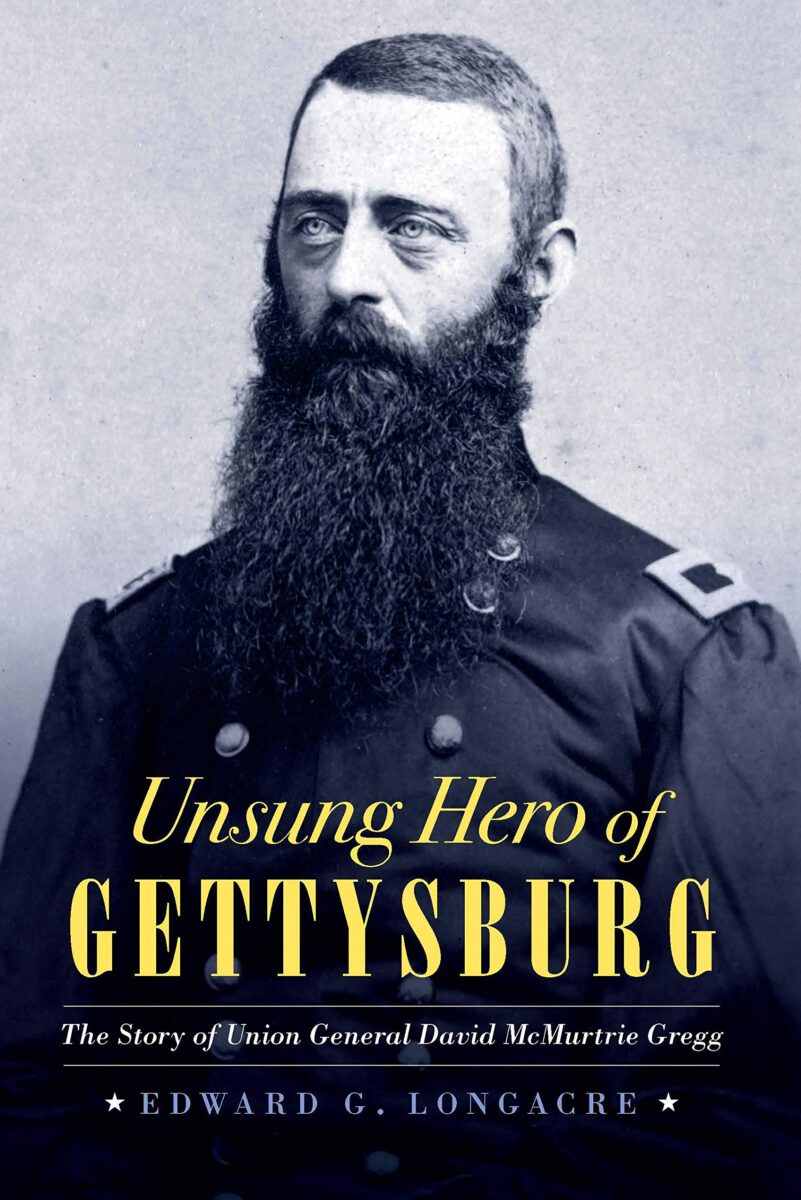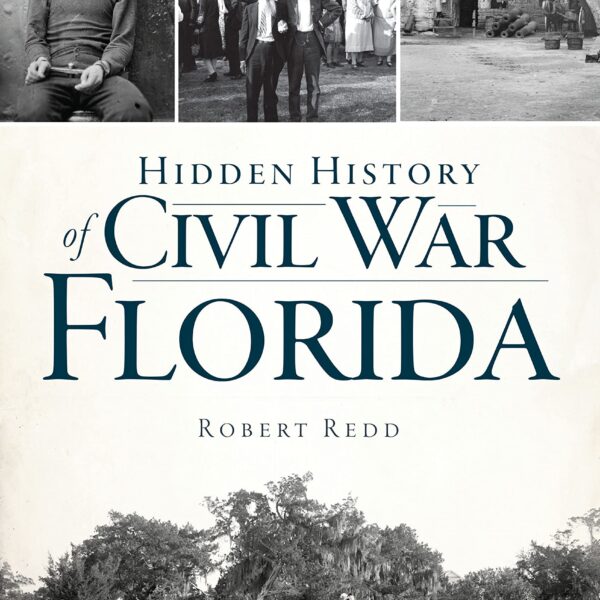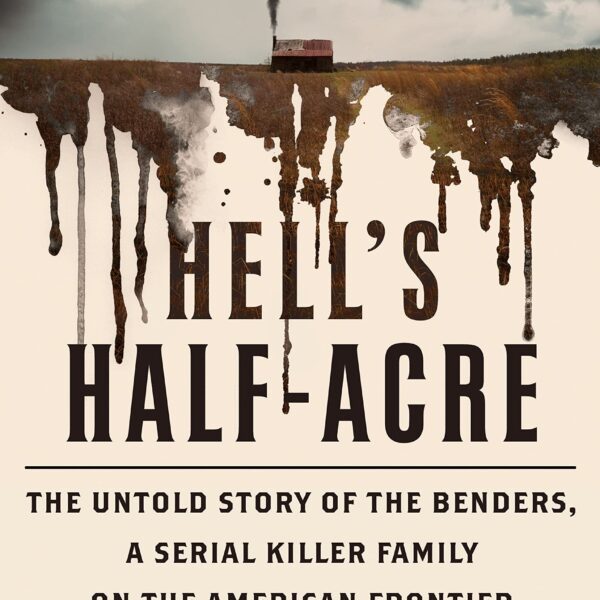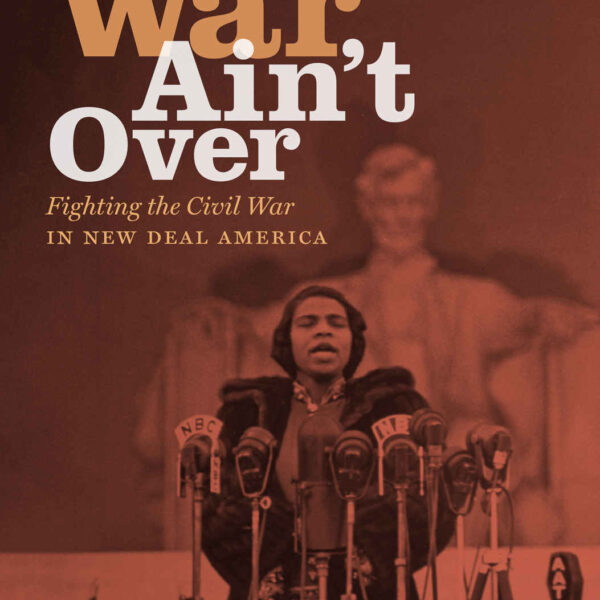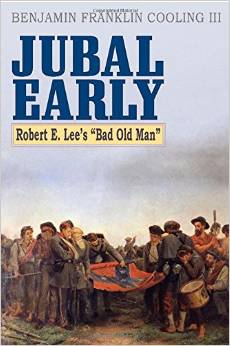When it comes to cavalry commanders at the Battle of Gettysburg, several figures—Stuart, Custer, and Buford, to name a few—instantly come to mind. Despite an admirable record, one federal divisional chief has received relatively little acclaim. Hence, well-known Civil War biographer (and retired U.S. Department of Defense historian) Edward G. Longacre has titled his 2021 volume about that underrecognized figure Unsung Hero of Gettysburg: The Story of Union General David McMurtrie Gregg.
Many of Gregg’s contemporaries “were not reluctant to celebrate his contributions to victory,” writes Longacre, but Gregg’s own inclination to exude “modesty and disdain for self-promotion” hindered his prominence in collective historical memory.
In what is almost exclusively a traditional military biography, taking on the style of an operational campaign history told through the eyes of Gregg as its primary subject (some might say to the detriment of a more detailed treatment of his political, moral, and social beliefs), Longacre’s retelling nevertheless excels when it elaborates on Gregg’s personal life, especially his courtship and eventual marriage to Ellen Sheaff. Their relationship serves as a valuable subplot set against the backdrop of Gregg’s military service, complete with a wedding delayed by Gregg’s inability to successfully petition the U.S. War Department for a leave of absence, which plagued his mental state in camp and in the field. When Gregg was finally able to wed his bride in late 1862, he was able to embark “on a journey of love and happiness in the midst of a land away in conflict and suffering,” Longacre elaborates in one moving passage.
As a leader, Gregg savored opportunities when “raw material at his disposal was in need of instruction,” and “gloried in his regiment’s revitalization,” initially as a captain in the Sixth U.S. Cavalry, then as colonel of the Eighth Pennsylvania Cavalry. Due to casualties at Fredericksburg, he “inherited” a brigade of “five of the best-appointed regiments of horse in the entire army,” leading to what Longacre deems a “richly merited” promotion to brigadier general. Upon the formalization of the cavalry corps in early 1863, he ultimately earned command of a division.
Gregg’s finest hour occurred on the third day of the Battle of Gettysburg, when he made “the most fateful decision of his military career.” He “took command of the entire field” east of Gettysburg, and “had seen to it” that the Confederate cavalry’s “grand effort to turn the Union right flank and strike from the rear” failed. Modern scholars treat this long-held interpretation of the rebel battle plan as mythology. That said, Longacre does acknowledge that “it is not unusual that historians disagree when assigning priority to those aspects of the battle that decided its outcome.”
According to Longacre, “Gregg’s role in the aftermath of Gettysburg was both anticlimactic and passing strange. Immediately on the heels of his greatest triumph, he virtually disappeared from the ranks of the army…as he did from the pages of history.” Still, upon eventually returning to command, Gregg “could be found, as usual, at the head of the storm” to the bitter end, even as further promotion eluded him.
Longacre recognizes Gregg’s shortcomings throughout the war, including his “embarrassment” at Leeds’ Ferry, his “litany of errors” at Kelly’s Ford, and his “role in the potential disaster” during the Bristoe Campaign, when he “seems vulnerable to censure on at least three counts.”
Throughout the entire conflict, Gregg suffered from poor health and frequent illnesses, perhaps a primary reason for his resignation more than two months before the culmination of the conflict’s Eastern Theater. Ellen and her sister attempted “to persuade Gregg to seek a desk job in Washington” the winter prior, Longacre clarifies, though “Gregg never provided an explanation for his sudden exit.” Longacre proposes “securing his family’s financial future” and “the issue of his health” as likely rationales and concedes that command “relations…had the potential to create friction” as Gregg’s “presence on war’s stage was drawing to a close.”
Despite being “quietly competent,” Gregg found himself passed over by “more aggressive and assertive” officers—a microcosm of his treatment in the historical record for nearly 160 years since. In Unsung Hero of Gettysburg, Edward G. Longacre has commendably done his part to ensure that David McMurtrie Gregg is unsung no more.
Codie Eash serves as Director of Education and Museum Operations at Seminary Ridge Museum and Education Center in Gettysburg, Pennsylvania. He is a founding contributor to PennCivilWar.com and a member of the Gettysburg Magazineeditorial board.
